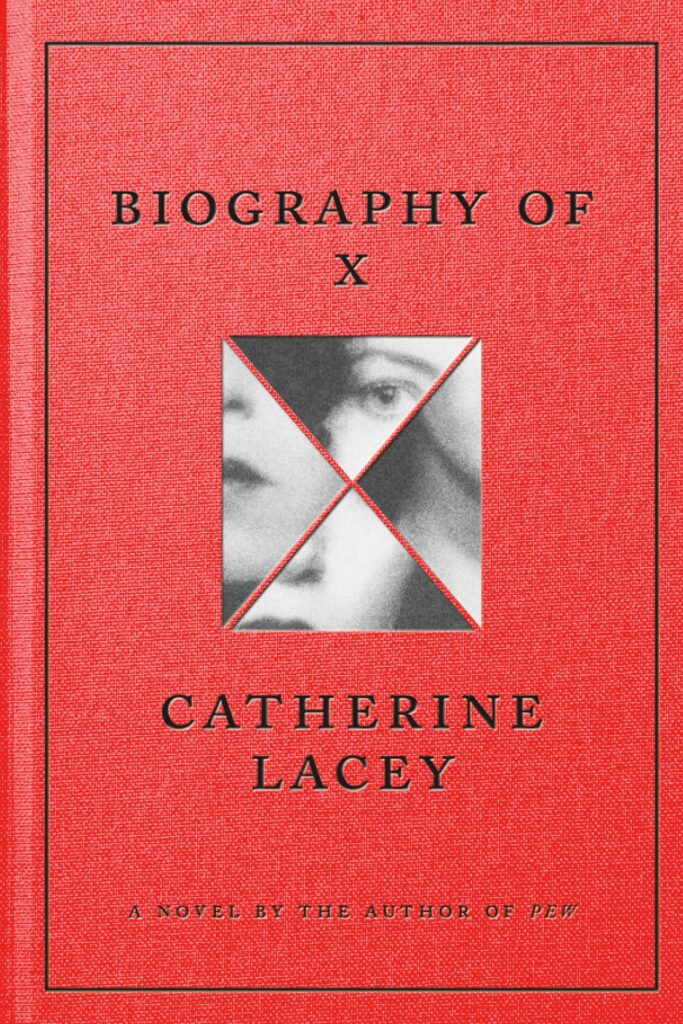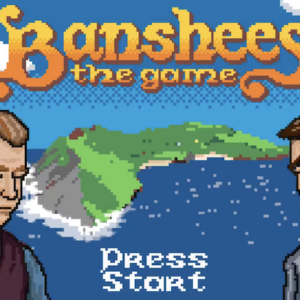
The first winter she was dead it seemed every day for months on end was damp and bright—it had always just rained, but I could never remember the rain—and I took the train down to the city a few days a week, searching (it seemed) for a building I might enter and fall from, a task about which I could never quite determine my own sincerity, as it seemed to me the seriousness of anyone looking for such a thing could not be understood until a body needed to be scraped from the sidewalk. With all the recent attacks, of course, security had tightened everywhere, and you had to have permission or an invitation to enter any building, and I never had such things, as I was no one in particular, uncalled for. One and a half people kill themselves in the city each day, and I looked for them—the one person or the half person—but I never saw the one and I never saw the half, no matter how much I looked and waited, patiently, so patiently, and after some time I wondered if I could not find them because I was one of them, either the one or the half.
One evening, still alive at Penn Station to catch an upstate train, I asked a serious-looking man if he had the time. He had the time, he said, but not the place, as he’d been exiled from Istanbul years earlier but never had the nerve to change his watch, and looking into this stranger’s face I saw my own eyes staring back at me, as I, too, could not un-locate myself from the site of my banishment. We parted immediately, but I have never forgotten him.
It wasn’t a will to live that kept me alive then, but rather a curiosity about who else might come forward with a story about my wife. Who else might call to tell me something almost unfathomable? And might I— despite how much I had deified and worshipped X and believed her to be pure genius—might I now accept the truth of her terrible, raw anger and boundless cruelty? It was the ongoing death of a story, dozens of second deaths, the death of all those delicate stories I lived in with her.
Or maybe what kept me alive was all the secretarial work I had to do, as I’d become X’s secretary by necessity—she kept firing the others. I sometimes found a strange energy to shuffle through her mail in the middle of the night—signing contracts I barely understood, reviewing the amendments made “in the event of the artist’s death,” filing away royalty statements in the manner that X had instructed, and shredding the aggravating amount of interview requests addressed to me, the widow. The Brennan Foundation had invited me to come receive the Lifetime Achievement Award on X’s behalf, not knowing that she’d planned to boycott the ceremony in resentment for how long it had taken them to recognize her. There was also an appeal from a museum that had been eagerly anticipating X’s contractual obligation to make one of her rare public appearances at the opening of her retrospective that spring; by overnighted letter, they asked whether I, as a representative of whatever was left of her, might fly over to London in her stead? I sent back my regrets—I am currently unable to explain how unable I am to undertake such a task.
Tom called, despite a thirty-year silence between us. He’d learned of my wife’s death in the papers and wanted to tell me that he had been thinking about me lately, about our strained and ugly childhood as siblings. His own wife, he said (it was news to me that he’d married), had been given another few months to live, maybe less. His daughter (also news to me) was fourteen now, and there was a part of him that wished she were younger, that believed she might be less damaged by grief if she were protected by the abstraction of early childhood. What an awful thing, he said, to wish my daughter could have known her mother for fewer years.
But I did not find this so awful. Grief has a warring logic; it always wants something impossible, something worse and something better.
When Tom was fourteen and I was seven we lived in a clapboard house on a dead-end with our mother and assorted others, and that summer as we were eating spaghetti in the kitchen Tom stopped moving, and sat there with his mouth open and the noodles unraveling from his poised fork as he stared into nothing, everything gone from his eyes, and he kept staring, unblinking and frozen as our mother shouted, Tom! Stop it! Tom! His eyes kept draining, nothing and nothing, then even less than nothing as Mother shouted for him to stop, to stop this horrible prank, until she finally slapped him hard in the face, which still did not bring him back but freed his fork from his hand and sent it into my lap. That night, slowly, he did start to come back, and later a neurologist was excited to diagnose him with a rare kind of epilepsy, which was treated with a huge pink pill, daily, and for months after my wife died I’d often find myself in some abject, frozen state—sitting naked in a hallway or leaning against a doorframe or standing in the garage, staring at the truck, unsure of how long I’d been there—and I wished someone could have brought me such a pill, something to prevent me from pouring out of myself, at odds with everything.
Tom and I were living in different griefs now—his imminent, mine entrenched—but I wondered if the treatment might still be the same, and I asked him if there was any kind of pill for this, some pill like that pill they used to give him all those years ago, but Tom felt sure there wasn’t, or if there was he didn’t know about it, and anyway, it probably wouldn’t work.
__________________________________
From Biography of X by Catherine Lacey. Used with permission of the publisher, Farrar, Straus and Giroux. Copyright © 2023 by Catherine Lacey.


